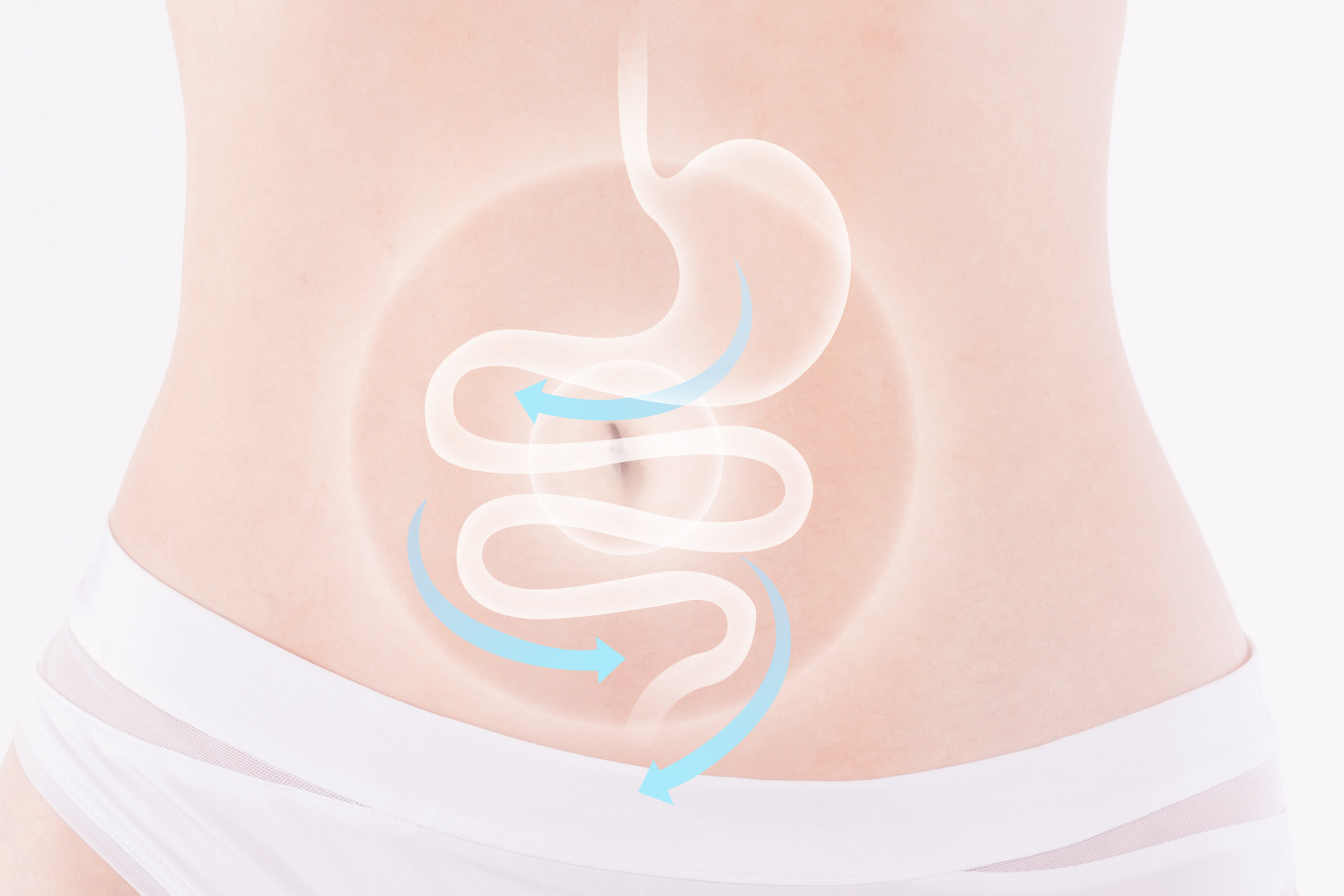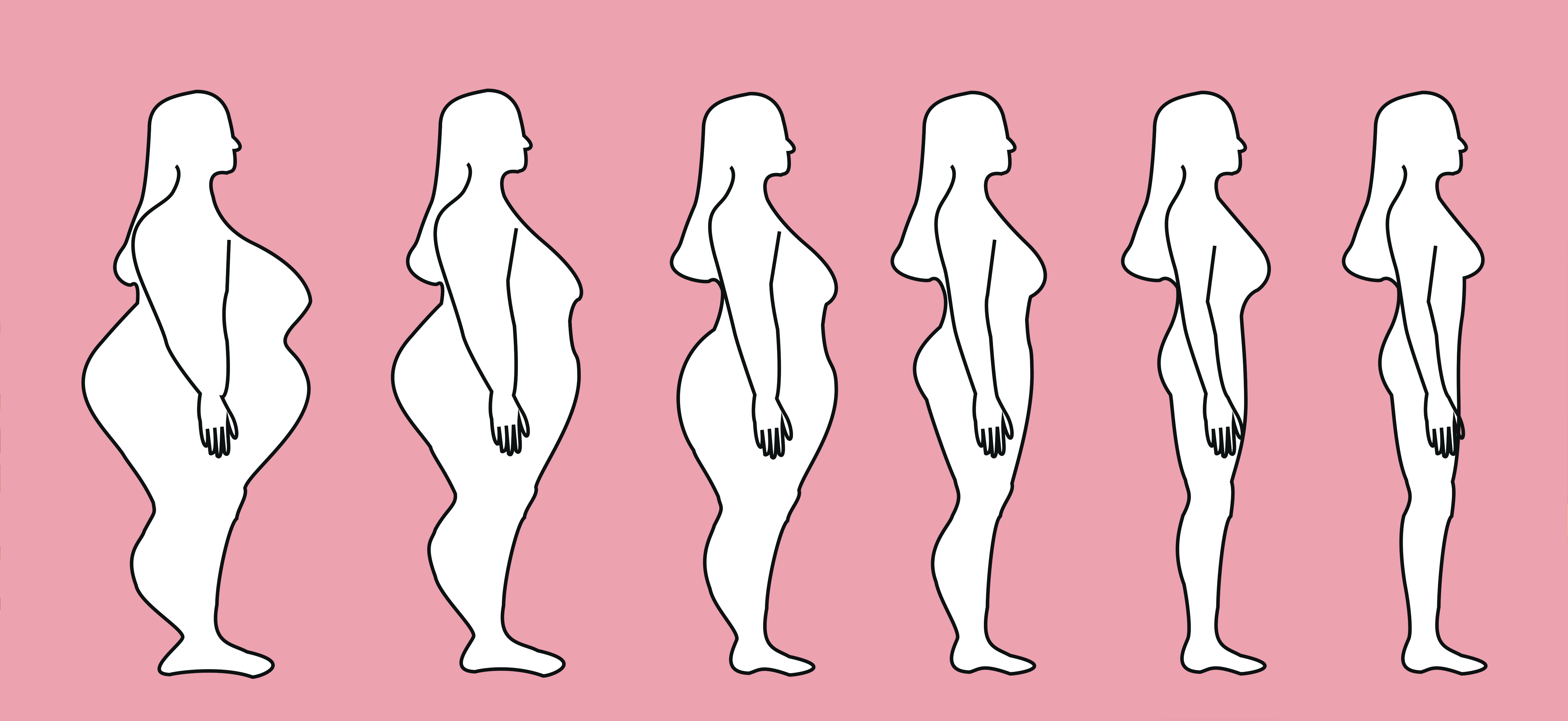To successfully lose weight, a balanced diet is essential. This not only requires perseverance, but also a scientific approach to eating and choosing the right foods for weight loss in order to lower blood lipid levels, reduce blood pressure, and achieve a healthier body. Here are some scientific dietary behaviors for weight loss:
(1) Develop the habit of chewing slowly. Many obese individuals eat too quickly, swallowing their food without chewing properly. The brain's hunger and satiety centers do not receive the full signal of being full in time, resulting in excessive calorie intake. By slowing down the eating pace, chewing thoroughly, and using smaller utensils, one can accurately sense the feeling of fullness.
In addition, chewing consumes a certain amount of energy. When eating the same amount of food, chewing slowly is more beneficial for maintaining an appropriate body weight compared to eating quickly.
(2) Change from having larger meals to having smaller meals more frequently. When comparing the same amount of calories consumed in five meals per day with three meals per day, the former method results in significantly less energy production in the body. This is because reducing the portion size per meal leads to lower insulin secretion, which increases fat consumption. Having multiple smaller meals ensures the intake of various nutrients and aids in weight loss without compromising health.
(3) Change the order of food intake.
① Drink vegetable soup before a meal: Consuming 250 milliliters of low-fat vegetable soup before a meal can make the food expand, increase stomach capacity, create a feeling of fullness, and prevent excessive calorie intake.
② Start with low-calorie foods like vegetables, mushrooms, and tofu before moving on to animal-based foods and staple foods, to avoid excessive calorie intake.
③ Eat fruits before a meal. Fruits have a large volume, create a feeling of fullness, and can reduce the amount of food consumed during the main meal.
(4) Change cooking methods. Use steaming, boiling, stewing, and mixing as cooking methods, and avoid deep-frying and frying with oil.









